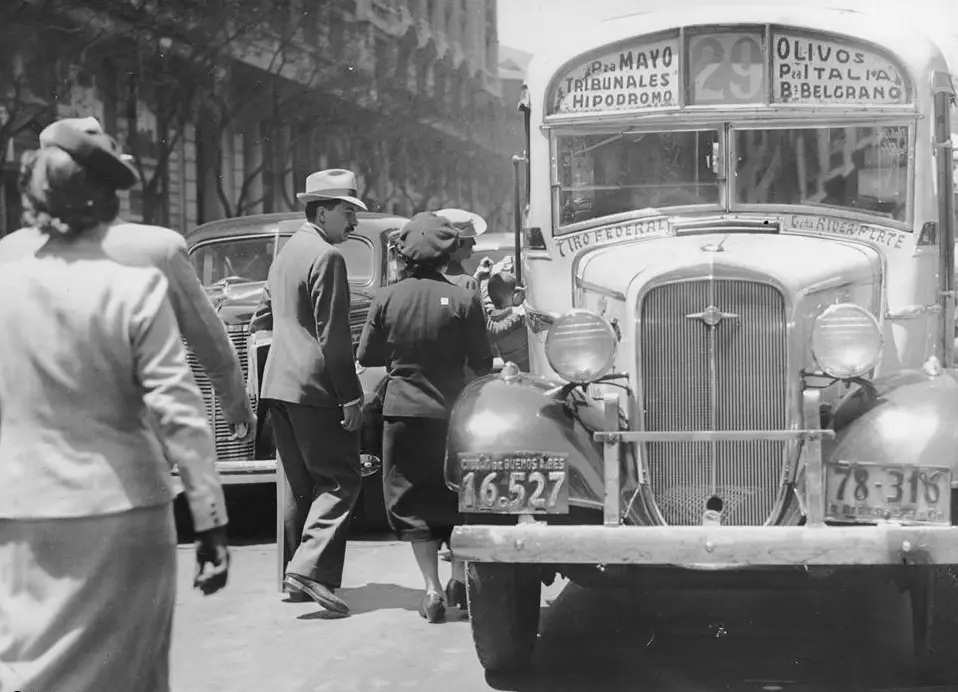Politics—and thus the governments that succeed one another election after election—has the function of addressing both the structural and situational problems of a society. The issues that a society faces during an electoral moment are defined in the present, but they are also shaped by problems that have persisted from the past. Depending on their duration and impact, these past issues can sometimes generate critical situations, even when they appear to be merely present-day concerns.
This overlap between structural issues—those that persist, evolve and accumulate over time—and problems that seem rooted only in the present is what gives politics its sharpest knots. For the public, these are current challenges that the incoming government must resolve. But for those in power, they are complex and often difficult to untangle—much less explain to the electorate. This creates a complex interplay between near-future policymaking and the social and political imagination of the citizenry, or at least that portion of it engaged in politics.
Political cultures, passed down through generations, play a key role in shaping and anchoring these collective imaginaries within the historical continuum of each country. In Argentina, the way in which present-day political and electoral issues are interpreted is largely filtered through a lens grounded in the past—one that is then projected into the future. For incumbent governments, this poses a significant political problem.
The long-standing problems that Argentina has faced—reflected in non-virtuous economic cycles and their social repercussions on employment, income distribution and public well-being—are typically understood through a nostalgic framework that harkens back to a time when the relationship between economic growth and social welfare had seemingly been resolved. That time, often idealized, corresponds to the Peronist era. After all, one of the classic slogans in Argentine politics is: “The most glorious years were Peronist.”
When the economy and its chronic boom-bust cycle come under scrutiny, political discourse invokes those decades of industrial policy, state-owned infrastructure companies, strong national entrepreneurs and public and private investment. When it comes to rising unemployment and informal labor, the reference point is a past of full employment, collective bargaining agreements, labor formalization and living wages. Regarding social policy, the gaze again turns backward, to eras of negligible poverty, social mobility and widespread prosperity.
The same logic appears in discussions of Argentina’s deep-rooted institutional deficiencies. Areas like public education, universities, healthcare, housing and childcare have visibly deteriorated due to poor state performance. But instead of focusing on the need for state reform—one that politically and financially strengthens institutional structures—the discourse returns to an earlier time when public healthcare was accessible to all, schools provided real education and social mobility, universities trained professionals for national development and state credit supported infrastructure and housing expansion.
Historical memory can serve as a powerful political tool to channel public demands and hold political institutions accountable for public welfare. The problem arises when that memory becomes rigid, functioning as the sole lens through which political direction is determined. Today’s political challenges require a temporally appropriate diagnosis—one that allows for projecting a realistic and possible future path toward reorganization and improvement.
This is one of the keys to understanding Argentine politics. The core issue is not how to address recurring problems based on contemporary dynamics and causal relationships, but how to return to a distant past in which these problems had been solved under internal and external conditions that disappeared decades ago. The net result—government after government—is societal frustration and an endless cycle of fresh starts.
This is not to say that current administrations operate entirely within this nostalgic framework when it comes to negotiations, policy design and public programs. But a large part of the public imagination is not grounded in the likely outcomes of current policies. Instead, it is anchored in an expectation that things should be a certain way—because that’s how they once were.
In the current Latin American context—where comparative politics provides a robust methodological toolkit for national analysis, albeit with caution given vast regional differences—Brazil offers a revealing counterexample. Despite the added complexity of Brazil’s politics, given its regional and geopolitical weight, its political imagination is forward-looking. The idea is that the future will change if present-day challenges are met with well-designed public policy.
Whether or not this approach is the most effective remains to be seen. But even if it doesn’t deliver the expected results, it likely generates less public frustration than expecting the future to replicate a bygone past.
*Machine translation, proofread by Ricardo Aceves.













